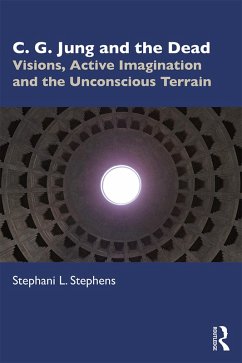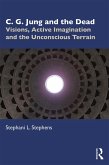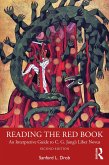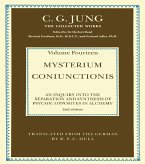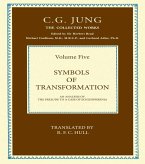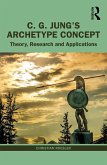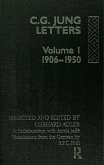This unique study is the first to follow the narrative thread of the dead from Memories, Dreams, Reflections into The Red Book, assessing Jung's thoughts on their presence, his obligations to them, and their role in his psychological model. It offers the opportunity to examine this previously neglected theme unfolding during Jung's period of intense confrontation with the unconscious, and to understand active imagination as Jung's principle method of managing that unconscious content. As well as detailed analysis of Jung's own work, the book includes a timeline of key events and case material.
C. G. Jung and the Dead will offer academics and students of Jungian and post-Jungian studies, the history of psychology, Western esoteric history and gnostic and visionary traditions a new perspective on Jung's work. It will also be of great interest to Jungian analysts and psychotherapists, analytical psychologists and practitioners of other psychological disciplines interested in Jungian ideas.
Dieser Download kann aus rechtlichen Gründen nur mit Rechnungsadresse in A, B, BG, CY, CZ, D, DK, EW, E, FIN, F, GR, HR, H, IRL, I, LT, L, LR, M, NL, PL, P, R, S, SLO, SK ausgeliefert werden.
"That the unconscious persists in developing spaces for the dead convinced Jung that what we owe them cannot be expiated by recognizing them as intergenerational complexes standing in for archetypes. Stephani Stephens details the visions that led Jung to identify more precisely what his own dead were demanding. How Jung paid this debt to psychological ancestors has never been so thoroughly accounted for. We see Jung going to hell to rescue their narratives and granting their concerns transcendent meaning when he takes up their projects as subjects of his own psychology." - John Beebe, C. G. Jung Institute of San Francisco

